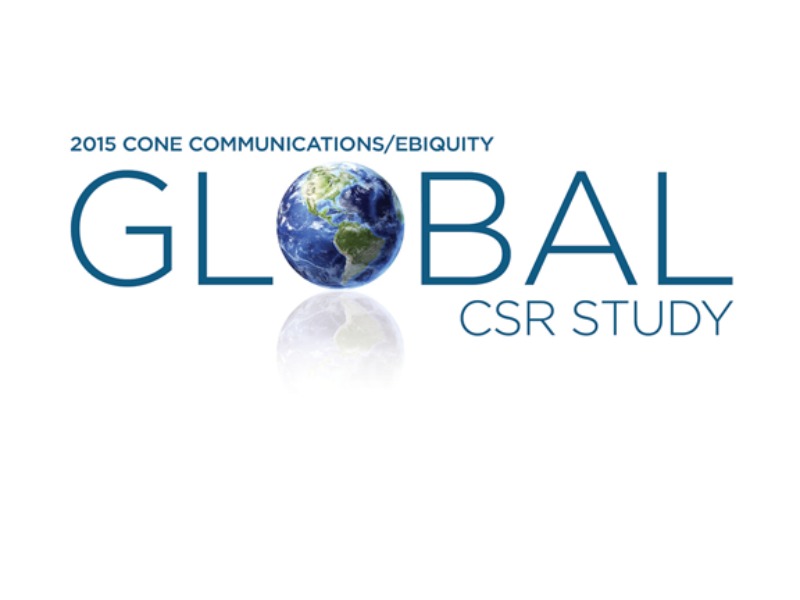Holmes Report 31 May 2015 // 2:03PM GMT

Nine out of 10 consumers expect companies to operate responsibly to address social and environmental issues as well as making a profit, according to the 2015 Cone Communications/Ebiquity Global CSR Study, with 84 percent claiming to seek out responsible products whenever possible—although 81 percent cite availability of these products as the largest barrier to not purchasing more.
“The research has revealed an increasingly sophisticated consumer,” says Jennifer Ciuffo Clark, research director at Ebiquity. “Global consumers have high demands for companies to address social and environmental issues, but they now also understand they have an obligation to make change, as well. It’s critical for companies to understand the nuanced drivers, barriers and opportunities that resonate among discerning global audiences.”
Nearly three-quarters (72 percent) of consumers believe their purchases make a moderate-to-significant positive impact on social or environmental issues. Cone says this positive outlook may stem from a growing command of CSR terms and language; consumer confusion of company CSR messages has dropped from 71 percent in 2011 to 65 percent in 2015.
Consumers are also considering their own role in addressing social and environmental issues, claiming they are willing to make personal sacrifices for the greater good. Four out of five say they are willing to consume or purchase fewer products to preserve natural resources (81 percent) or buy a product from an unknown brand if it has strong CSR commitments (80 percent). Consumers are even say they are willing to forgo elements like ownership or quality to push progress forward:
- 62 percent of consumers say they would work for a socially or environmentally responsible company, even if the salary was less than other companies
- 61 percent say they would be willing to borrow or share products rather than buy new ones
- 57 percent say would purchase a product of lesser quality or efficacy if it was more socially or environmentally responsible
“Companies shouldn’t take consumers’ willingness to make sacrifices as a signal to cut corners,” says Alison DaSilva, executive vice president, Cone Communications. “Rather, this is an opportunity to engage consumers more fully in new CSR solutions, collaborating to push the boundaries of responsible consumption and lifestyle.”


































.jpg)
















